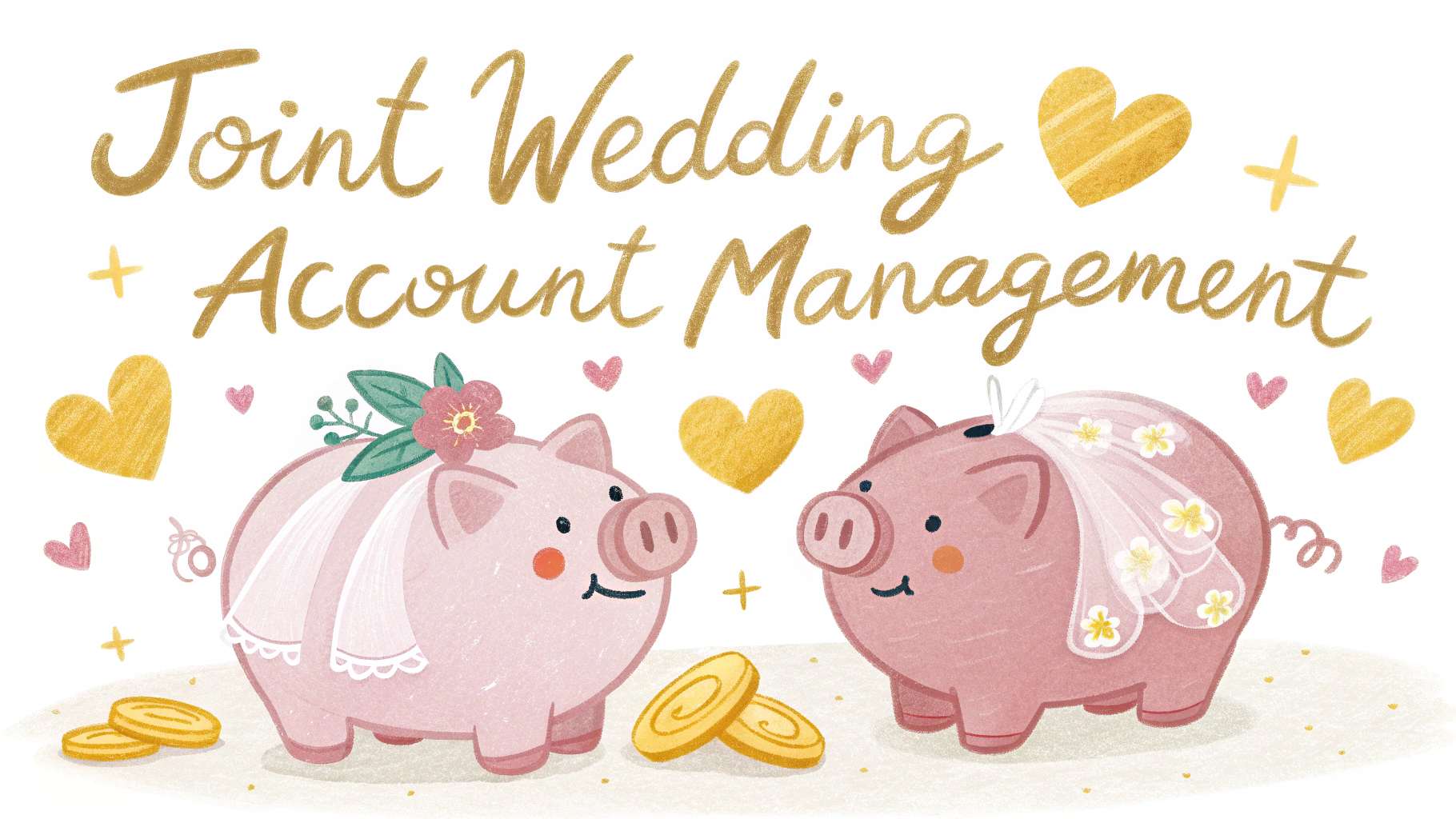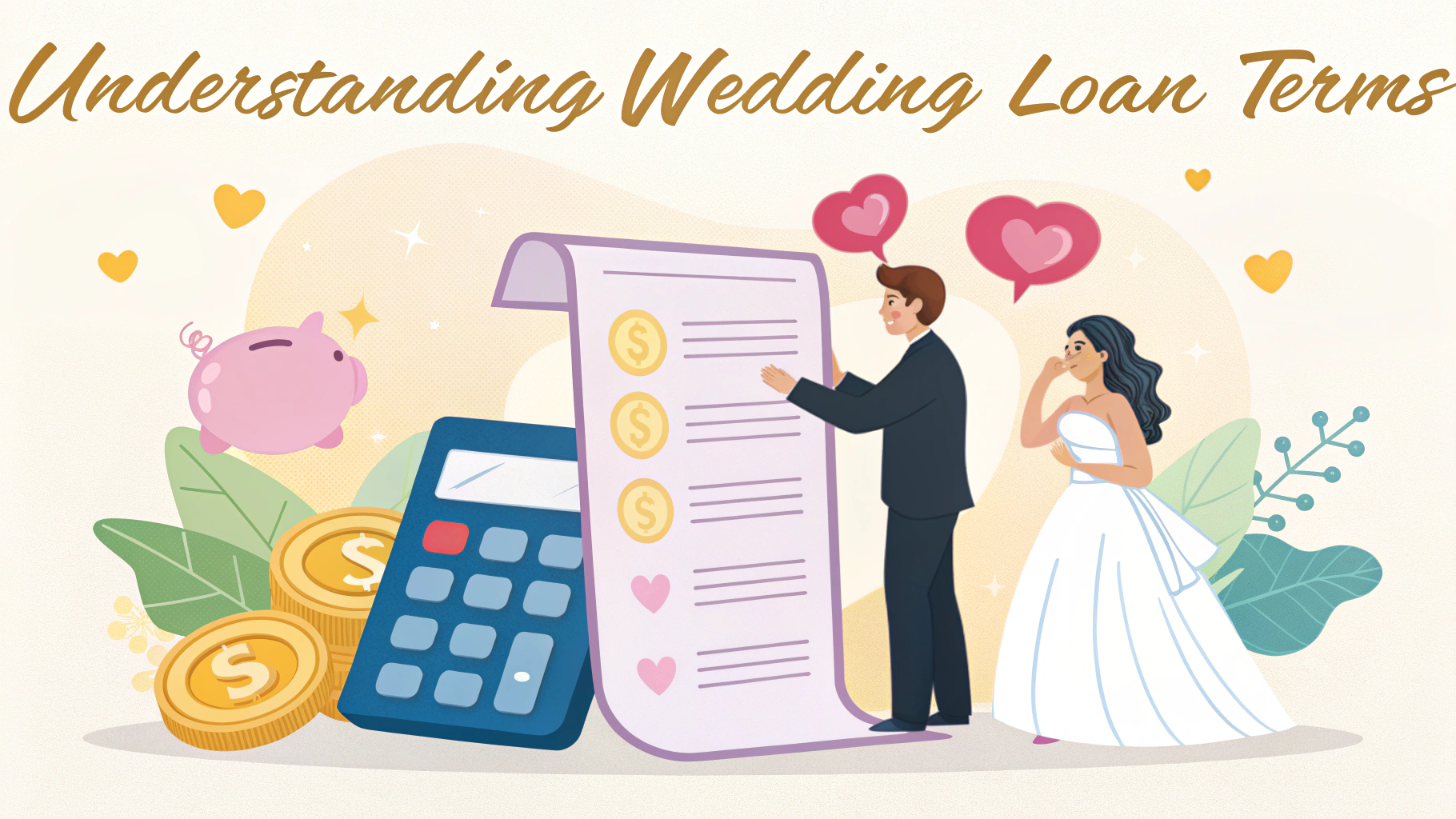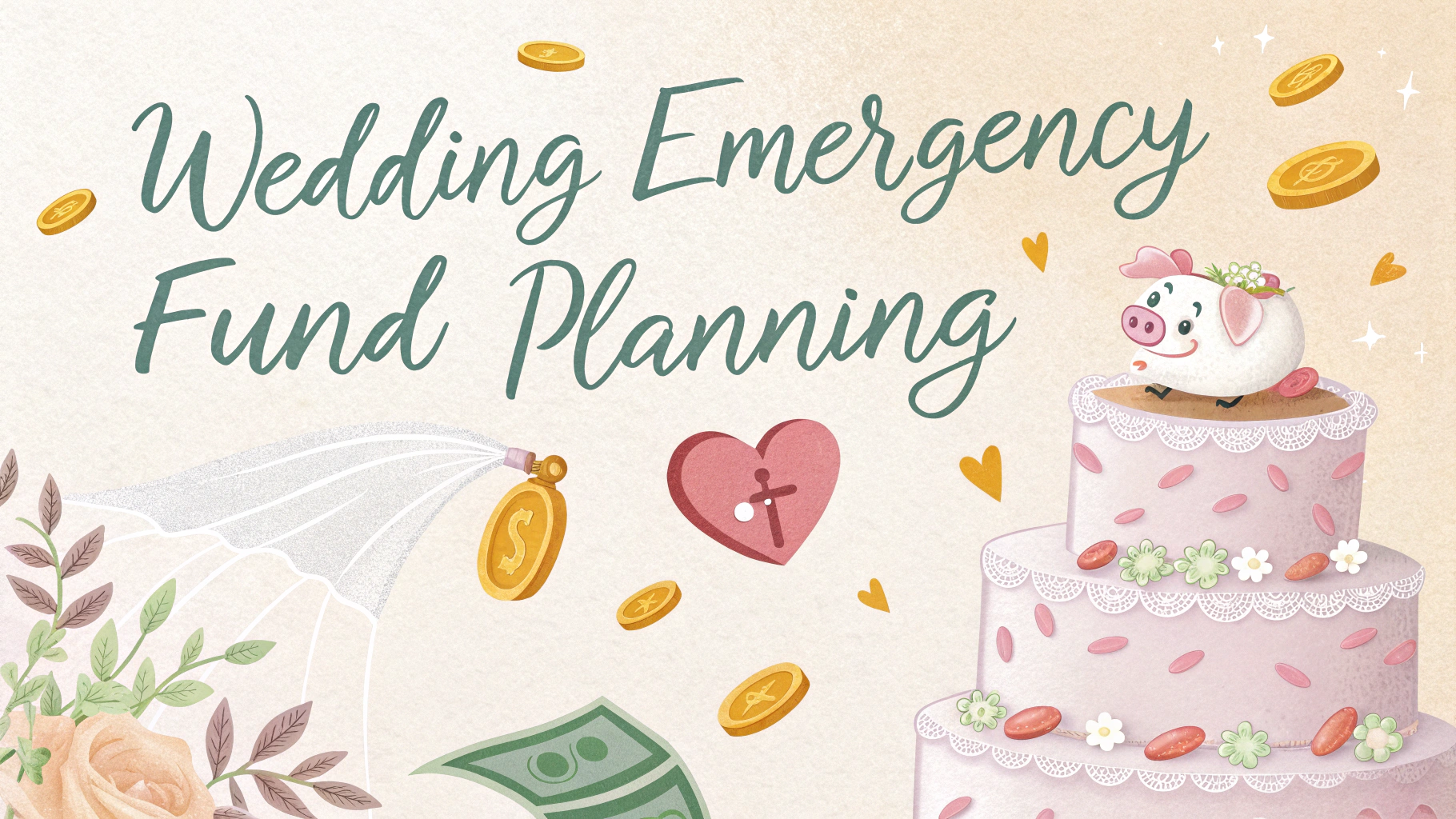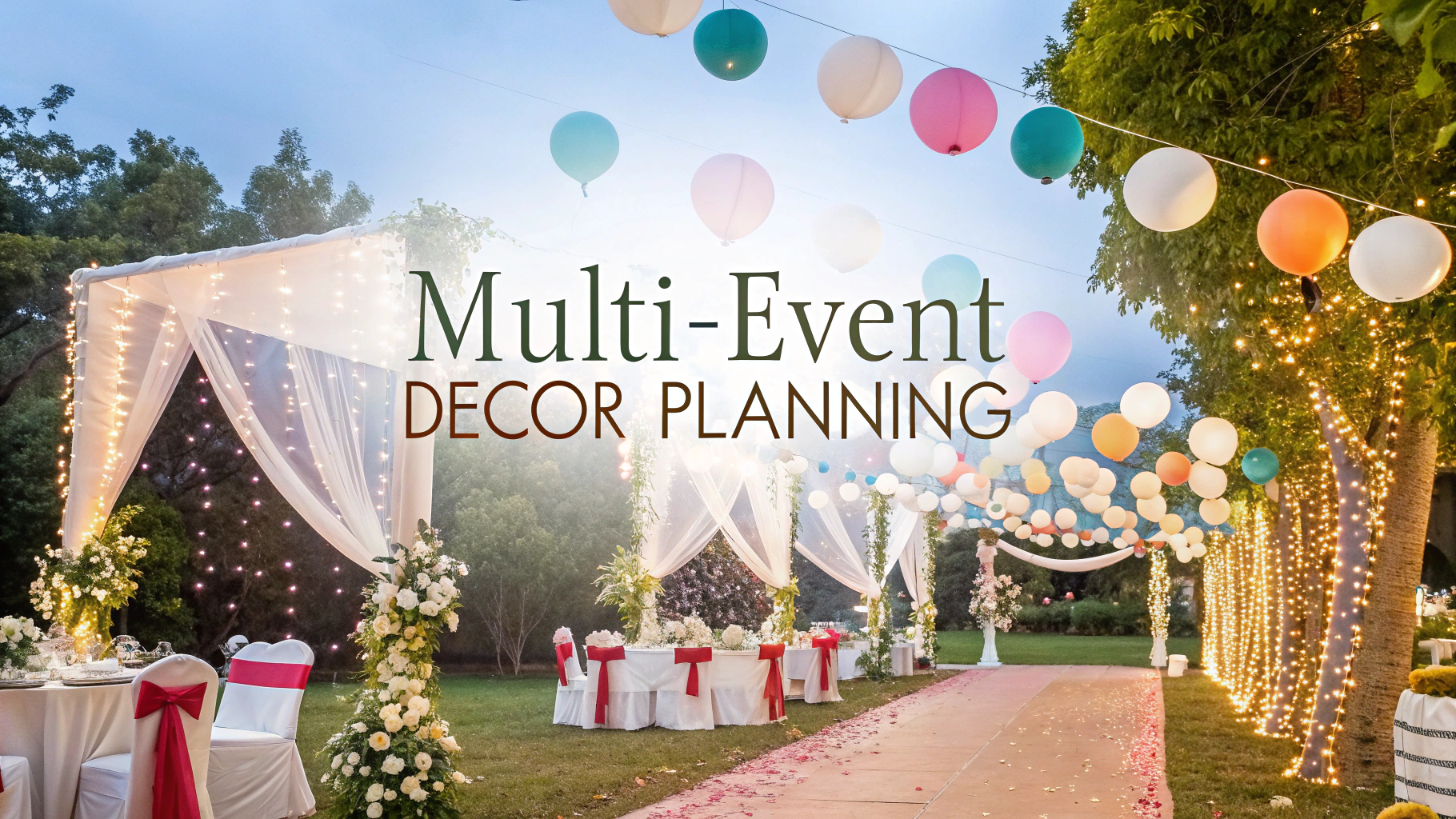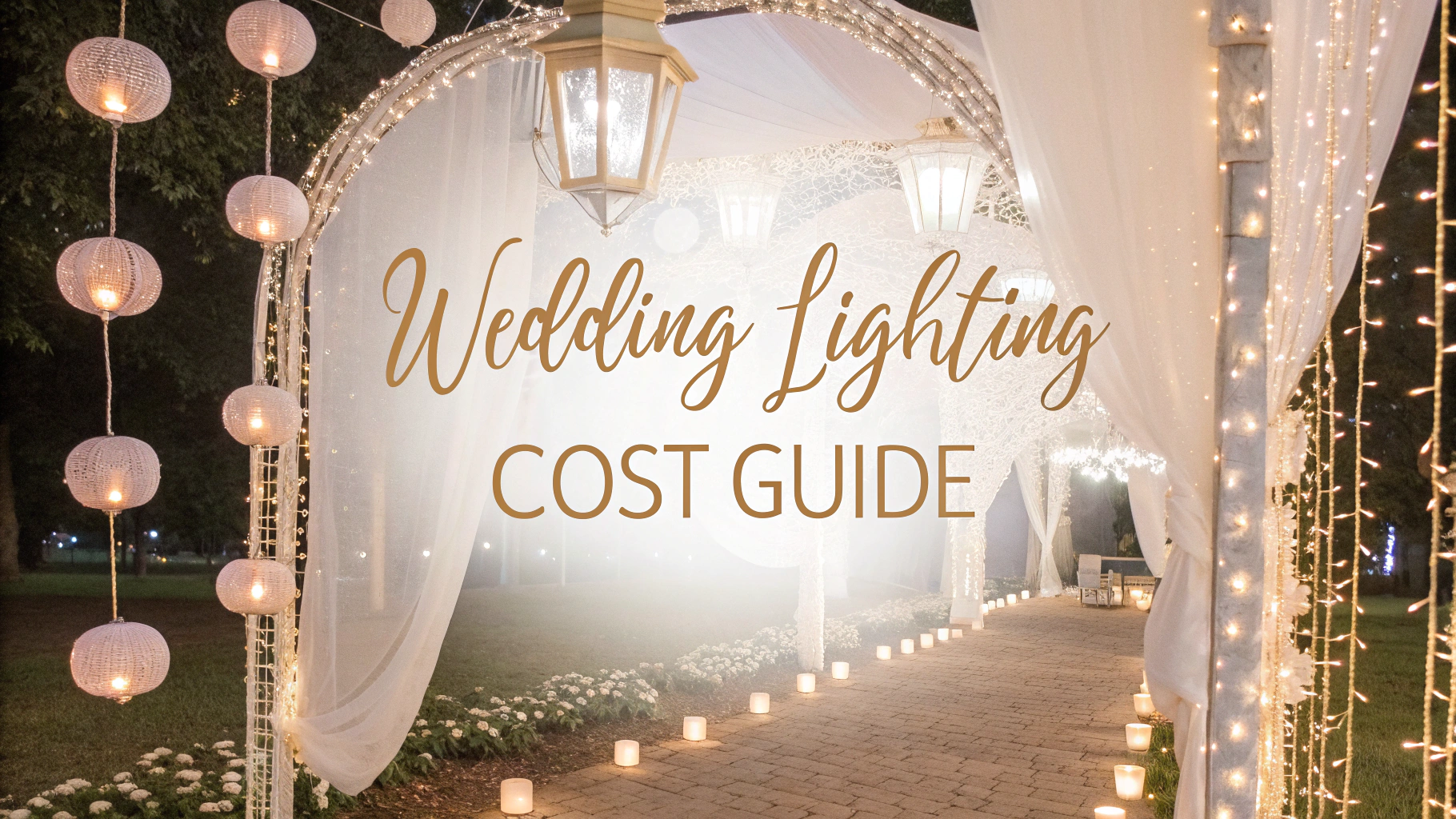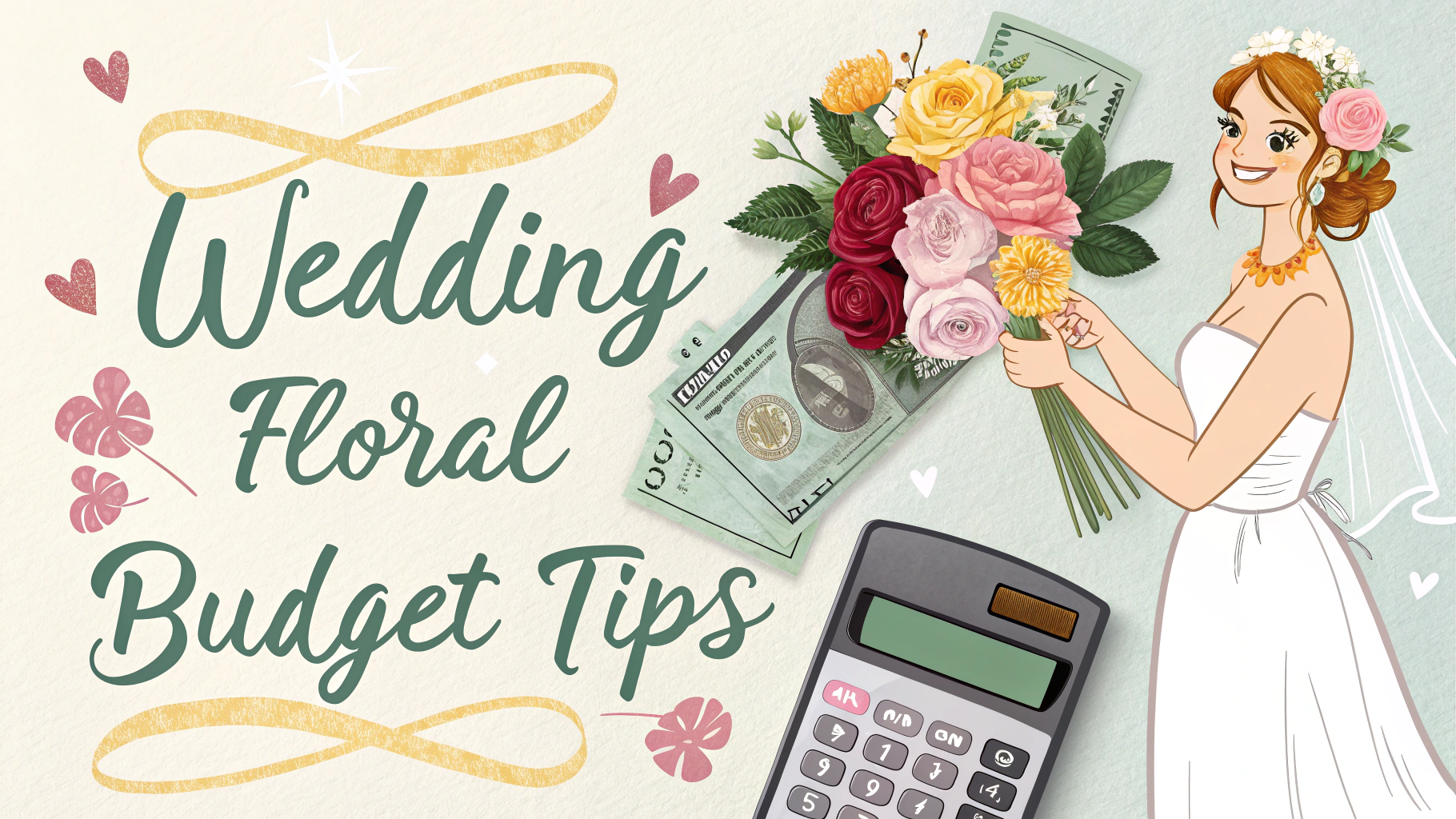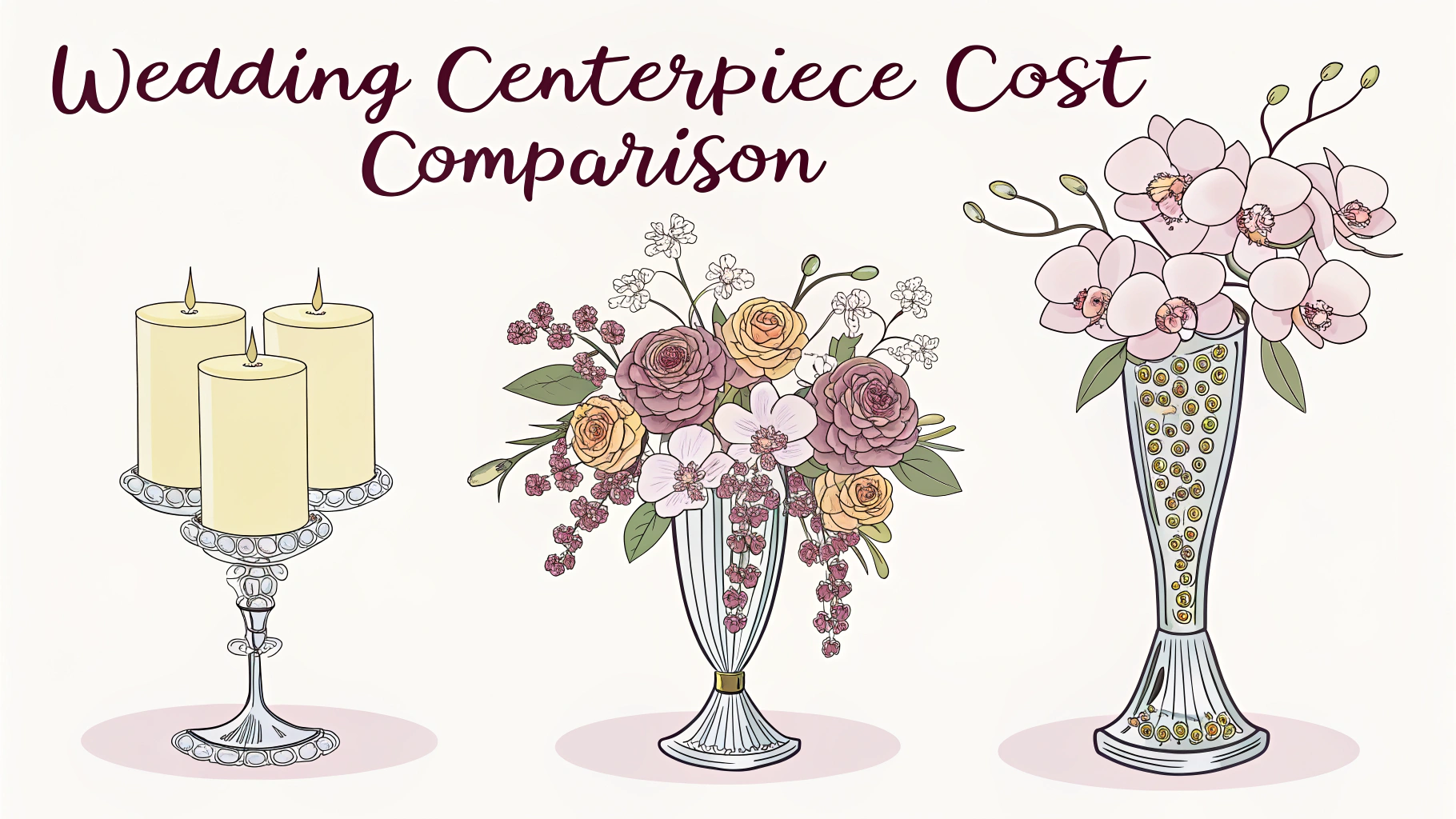Planning a wedding can quickly spiral out of control financially, but knowing common budget pitfalls helps you stay on track.
Common Wedding Budget Mistakes
- Not setting a realistic budget from the start
- Forgetting to include hidden costs like tips and taxes
- Inviting too many guests without considering per-person costs
- Not having an emergency fund for unexpected expenses
- Putting deposits on credit cards without a repayment plan
Smart Budget Solutions
Start by determining your total available funds from savings, family contributions, and what you can reasonably save before the wedding date.
Create a detailed spreadsheet breaking down costs into categories: venue, catering, attire, photography, flowers, music, and miscellaneous expenses.
| Category | Typical Budget % |
|---|---|
| Venue & Catering | 40-50% |
| Photography/Video | 10-12% |
| Attire & Accessories | 8-10% |
| Music/Entertainment | 5-10% |
| Flowers & Decor | 8-10% |
| Miscellaneous | 10-15% |
Money-Saving Tips
- Book your venue during off-peak seasons or on weekdays
- Consider a morning or early afternoon wedding to reduce catering costs
- Rent wedding attire instead of buying
- Choose seasonal, local flowers
- DIY decorations and favors
- Use digital invitations for save-the-dates
Hidden Costs to Remember
Always factor in these often-forgotten expenses:
- Marriage license fees ($25-100)
- Vendor meals ($50-100 per vendor)
- Overtime fees for vendors
- Dress alterations ($200-800)
- Hair and makeup trials
- Transportation between venues
- Tips for vendors (15-20% for service providers)
Contact a wedding planner for professional budget guidance – they often save you money in the long run by negotiating with vendors and preventing costly mistakes.
Consider wedding insurance to protect your investment – typically costing between $155-550 depending on coverage.
Quick Money-Saving Tricks
- Use potted plants instead of cut flowers for centerpieces
- Skip the wedding favor tradition
- Opt for a smaller wedding cake and serve sheet cake to guests
- Choose a venue that allows outside catering
- Borrow items from recently married friends
Track every expense in a dedicated wedding account to maintain clear oversight of your spending.
Schedule vendor payments throughout the planning process rather than having them all due close to the wedding date.
Timeline Management
Creating a payment timeline helps distribute costs over the engagement period. Most vendors require:
- Initial deposit: 25-50% upon booking
- Second payment: 25% three months before
- Final payment: Remaining balance two weeks before
Vendor Negotiations
Many vendors offer package customization options to fit your budget:
- Request itemized quotes to identify unnecessary elements
- Bundle services with the same vendor for discounts
- Ask about off-season or weekday rates
- Compare multiple quotes before committing
Emergency Fund Allocation
Set aside 5-10% of your total budget for unexpected costs such as:
- Weather backup plans
- Last-minute guest list changes
- Shipping delays requiring rush fees
- Vendor cancellations
Post-Wedding Financial Planning
Consider these often overlooked post-wedding expenses:
- Thank you card printing and postage
- Dress cleaning and preservation
- Photo album printing
- Name change documentation fees
Conclusion
Successful wedding budgeting requires careful planning, consistent tracking, and realistic expectations. Prioritize what matters most to you and your partner, and allocate funds accordingly. Remember that a memorable wedding doesn’t necessarily mean an expensive one – focus on creating meaningful moments within your means.
Final Budget Checklist
- Review all contracts for hidden fees
- Confirm payment schedules with vendors
- Set up automatic savings transfers
- Keep receipts for all purchases
- Monitor spending weekly
FAQs
- What percentage of my total budget should I allocate to the wedding venue?
The venue typically consumes 30-40% of your total wedding budget, including rental fees, catering minimums, and basic furnishings. - Should I include a buffer in my wedding budget, and how much?
Yes, set aside 5-10% of your total budget as a buffer for unexpected expenses, last-minute changes, or overlooked costs. - What wedding expenses are commonly forgotten in budgets?
Often overlooked expenses include marriage license fees, alterations, vendor meals, overtime costs, styling appointments, gratuities, and wedding insurance. - Is it worth hiring a wedding planner to help manage the budget?
A wedding planner can help save money through vendor relationships, negotiating contracts, and preventing costly mistakes, typically saving 10-20% of your total budget. - How do I prioritize my wedding budget categories?
Allocate funds based on your priorities: typically 50% for venue, food, and beverages; 10% for attire; 10% for photography/videography; 10% for decor; and the remaining 20% for other elements. - What’s the biggest financial mistake couples make when planning their wedding?
The biggest mistake is not tracking all expenses from the beginning, including small purchases, which can lead to going over budget by 20-30% on average. - Should I use a credit card to pay for wedding expenses?
Only use credit cards if you can pay off the balance immediately or have a solid repayment plan. Wedding debt can take 2-3 years to repay and impact your financial future. - When should I start saving for my wedding?
Begin saving as soon as you get engaged, ideally 12-18 months before the wedding date, to avoid financial stress and last-minute borrowing. - How can I cut costs without compromising my wedding vision?
Consider off-peak season dates, Friday or Sunday weddings, limiting guest count, choosing in-season flowers, and opting for a lunch or cocktail reception instead of a formal dinner. - What should be my first step in creating a wedding budget?
First, determine your total available funds from savings and contributions, then research average costs in your area before allocating amounts to different categories.

